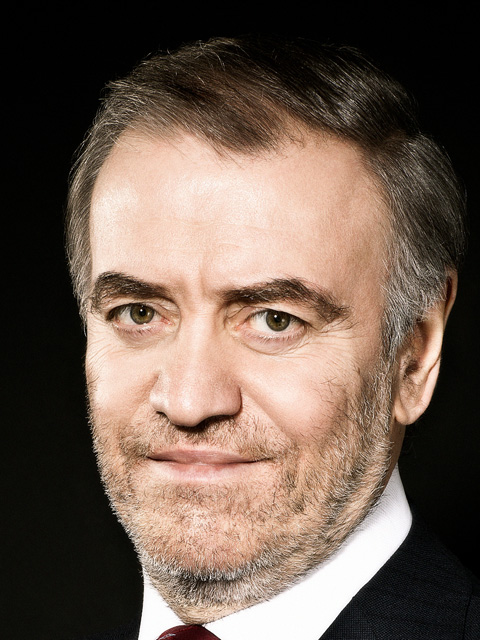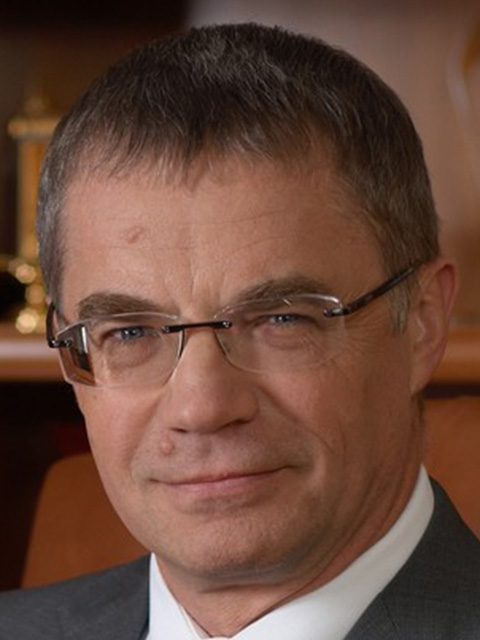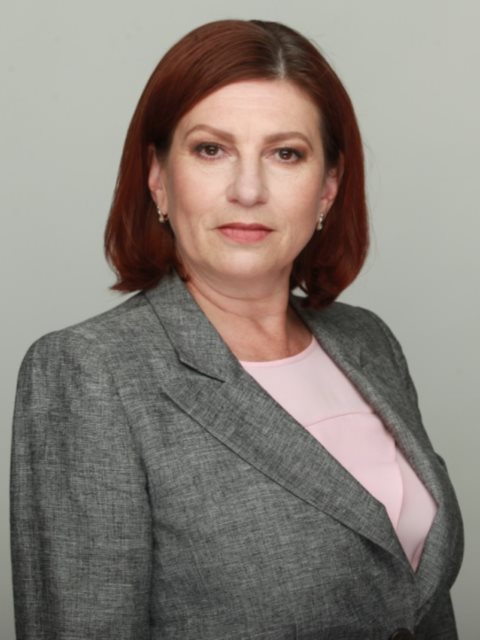In Search of New Meanings: Science, Culture, and Sport
When the world is changing before our eyes at cosmic speed, when we have no clue what will happen tomorrow, when some of our relatives and friends suddenly become an enemy, when for some people the ground is crumbling under their feet, and when some people are entering the world in the prime of their lives, you can lose your bearings and even the very meaning of life. For a while, the meaning of life may simply be survival – moral, emotional, and even physical. At the same time, though, you should always remember that every crisis in life can lead both to degradation, a fall, or a collapse, as well as to new goals, meanings, and peaks. And now is the perfect time to revise what we can lean on, understand what we need to give up, and ascertain what is superfluous, fake, superficial, and most likely imposed from the outside. And not only do we simply need to live and wait a while to comprehend everything that is happening to us, we also need to find new goals and meanings, or reinforce the ones you already had, while not forgetting that life is fleeting. We need to adapt to the new conditions and get through what are described as crises, but it’s not always easy for us to admit that new meanings are needed. We all want a magic pill or someone to tell us where and how to look for new meaning. People often go to fortune-tellers and astrologers for this. But the problem is that ready-made recipes usually don’t work. No one will decide for us what we need to do since only we know what does and doesn’t suit us. And there is only one way out – you have to try a lot of things and experiment. Science, culture, and sports are facing entirely new challenges that no one ever could have dreamed of, and a new cancel culture has even emerged – the cancellation of culture. We have always said that science, culture, and sports are beyond politics, but as it turns out, this is definitely not the case. What new meanings does it make sense for us to look for? What objectives should we set in international relations, which have changed overnight? And will science, culture, and sports help to create a new, living language in relations in the midst of a situation where the old one, much to everyone’s surprise, has become a dead language?
Moderator
Maxim Safonov,
Professor, Russian Presidential Academy of National Economy and Public Administration (RANEPA)
Panellists
Sergey Bugaev,
Soviet and Russian Artist, Musician, Actor
Valery Gergiev,
Artistic, General Director, State Academic Mariinsky Theatre
Alexey Maslov,
Director, Institute of Asian and African Studies, Lomonosov Moscow State University
Alexander Medvedev,
General Director, Football Club Zenit
Julia Morozova,
General Director, Creative Production
Mikhail Piotrovsky,
General Director, The State Hermitage Museum
Alexander Rasumov,
General Director, International Research Center for Adaptation and Restorative Medicine
Alexander Sergeev,
President, Russian Academy of Sciences
Vyacheslav Fetisov,
Goodwill Ambassador, The United Nations Environment Programme (UNEP); Chairman, All-Russian Society of Nature Conservation
Front row participants
Victoria Badtieva,
Head of Branch #1, Moscow Centre for Research and Practice in Medical Rehabilitation, Restorative and Sports Medicine
Roman Karmanov,
Chief Executive Officer, Presidential Fund for Cultural Initiatives
Igor Kogan,
Director, Scientific Research Institute of Obstetrics, Gynecology and Reproductology named after D.O. Otta
Natalia Malinova,
Commercial Director, VTB Arena; General Director, Exhibition Center Dynamo Museum
Ruslan Novikov,
General Director, Argumenty I Facty
Olga Pilipenko,
Member of the Committee State Duma of the Federal Assembly of the Russian Federation on Education and Science



















